The four tax reform bills that were sent to the Nigerian Senate for consideration have passed a second reading.
The Senate President, Senator Godswill Akpabio, referred the four bills to the Committee on Finance, led by Senator Sani Musa of the APC, Niger East, after it scaled second reading during Thursday’s plenary.
Join our WhatsApp ChannelThe committee is expected to complete additional legislative activity and provide a report in six weeks.
This followed a presentation by the Senate Leader, Senator Opeyemi Bamidele, APC, Ekiti Central, who led the debate on the general principles of the bills.
According to Bamidele, they are “A Bill for an Act to Establish the Joint Revenue Board, the Tax Appeal Tribunal and the Office of the Tax Ombud, for the harmonisation, coordination and settlement of disputes arising from revenue administration in Nigeria and for related matters, 2024 (SB. 583).
“A Bill for an Act to Repeal the Federal Inland Revenue Service (Establishment) Act, No.13, 2007 and enact the Nigeria Revenue Service (Establishment) Act to Establish the Nigeria Revenue Service, charged with powers of assessment, collection of, and accounting for revenue accruable to the Government of the Federation, and for related matters, 2024 (SB. 584).
“A Bill for an Act to Provide for the assessment, collection of, and accounting for revenue accruing to the Federation, Federal, States and Local Governments; prescribe the powers and functions of tax authorities, and for related matters, 2024 (SB. 585) –
“A Bill for an Act to Repeal certain Acts on taxation and consolidate the legal frameworks relating to taxation and enact the Nigeria Tax Act to provide for taxation of income, transactions and instruments, and for related matters, 2024 (SB. 586).”
The Senate President assured that the National Assembly will pass into law, provisions that guarantee effective tax administration in Nigeria.
The senators had before considering the tax reform bills, engaged in a closed-door session. Observers said the closed-door session may have been prompted by the need to put things in order to avoid a repeat of the rowdy session that occurred on Wednesday caused by disagreements among lawmakers when external tax experts appeared in the upper chamber to give more insights about the proposed tax legislation.
READ ALSO: Tax Reforms: Bridging Or Widening The Divide?
The four tax reform bills have generated controversies since they were transmitted to the National Assembly by President Tinubu on 3 September.
The bills were introduced following the recommendations of the Presidential Committee on Fiscal and Tax Reforms headed by Taiwo Oyedele for the review of existing tax laws.
Northern political leaders including governors, political elites and traditional rulers had expressed their rejection of certain provisions of the bills which bothered on distribution of revenues from Value Added Tax (VAT). Also, the National Economic Council (NEC), headed by Vice President, Kashim Shettima, urged the President Tinubu to withdraw the tax reform bills from the National Assembly for wider consultation.
However, Tinubu, in his response, insisted that the bills should be allowed to pass through the required legislative processes at the National Assembly, adding that Nigerians will be given opportunity to make their inputs during Public hearing.
Victor Ezeja is a passionate journalist with six years of experience writing on economy, politics and energy. He holds a Masters degree in Mass Communication.

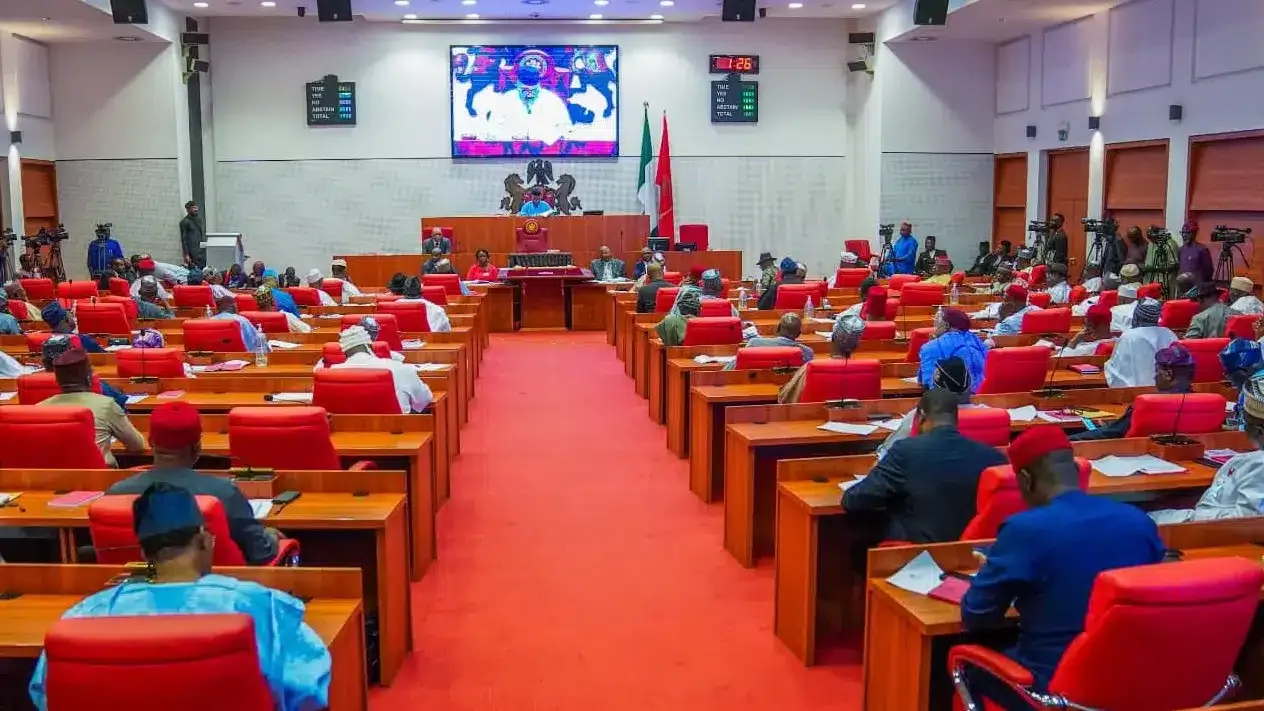




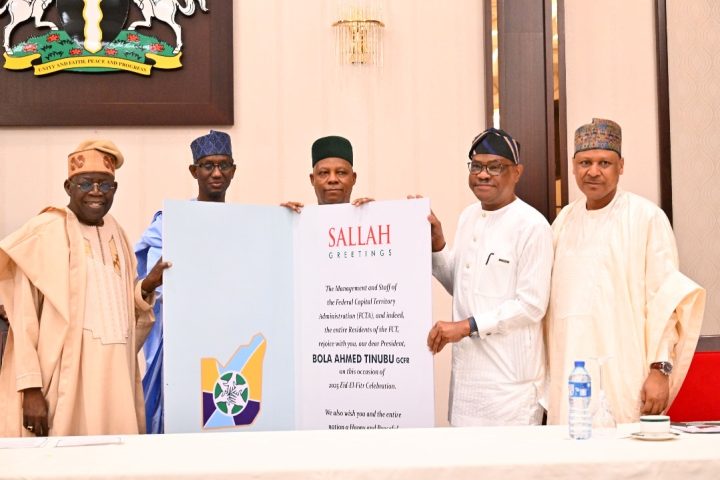
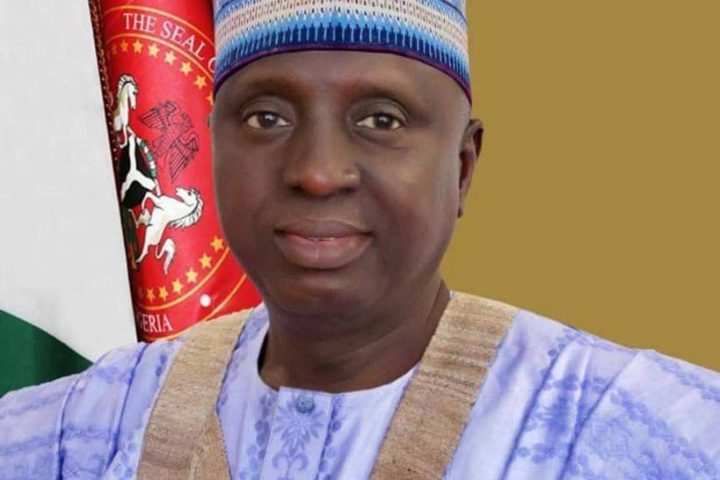



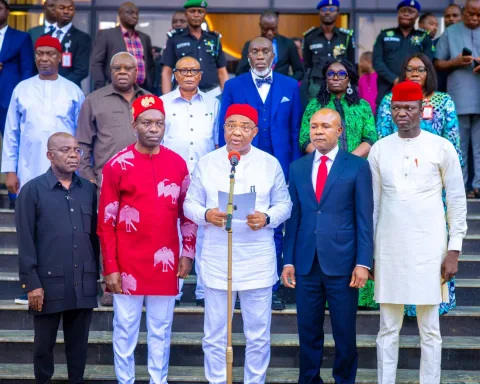

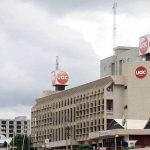

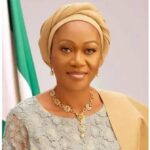
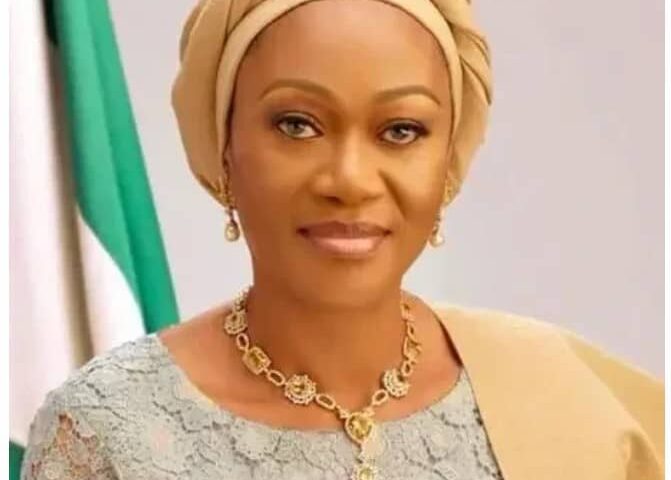


Follow Us